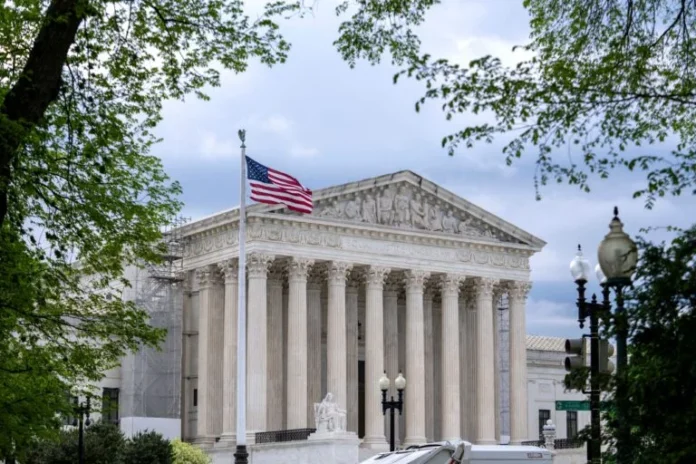The U.S. Supreme Court on Tuesday declined to hear the appeal of Clifford James Frost Jr., a former Republican elector candidate accused in the Michigan Fake Elector Case of attempting to submit false electoral votes after the 2020 presidential election.
Frost had petitioned the court to overturn a Sixth Circuit decision affirming that federal courts should not intervene in his ongoing state prosecution. The appellate panel applied the Younger v. Harris doctrine, which limits federal interference in state criminal matters, ruling that Frost’s prosecution did not appear to be brought in bad faith.
Frost’s Challenge and Federal Court Ruling
In his petition, Frost argued that Michigan Attorney General Dana Nessel’s prosecution was politically driven and lacked factual basis, claiming he would suffer “irreparable harm” if the state proceeded. He maintained that prosecutors had “no reasonable expectation” of obtaining a conviction.
However, both the federal district court and the Sixth Circuit disagreed. The appellate panel concluded that Frost could raise his constitutional claims within the state judicial process and emphasized that federal courts could not preemptively second-guess the legitimacy of state criminal proceedings.
The panel stated:
“Such a result is untenable in our dual state-federal criminal justice system. It is for Michigan courts in the first instance to correct any misapplication of state criminal laws.”



